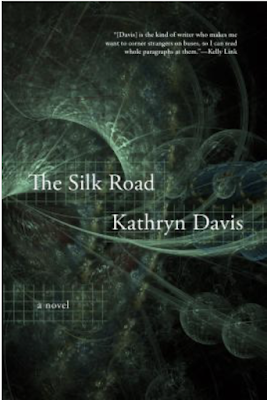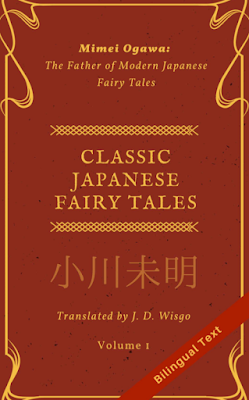"The Silk Road" by Kathryn Davis (published 2019)
The Silk Road is set within an interstitial place, somewhere between dream and reality, between the conscious and unconscious, in between anything that allows for something to fit within it. Reading Kathryn Davis' writing in this novel is like falling asleep to music or the sound of conversation; as the mind drifts into deep sleep, the real auditory sounds produce images in the mind - dreams - and the words or music one hears begins to blur within the subconscious of the sleeping mind. As you might be able to guess from what I've written so far, you might be able to tell that the narrative and plot of The Silk Road is not formal, and neither are any other parts of the story, save maybe the characters.
"When you arrive at the edge of the world you stop remembering things like how you got there. Your attention keeps pouring over the edge, out and away from the footprints left behind you in the snow, unable to focus on anything except the cove of sparkling light there at the foot of the escarpment. It was either a real pool full of something like water - we were in agreement on that if nothing else - or just a gathering of attention, all of it in one place, as solid and bright-surfaced as a jewel but otherwise beside the point." (20)
From what I gather, the characters are part of a family. None have real names except for Jee Moon. The others are characters such as those named in H.G. Wells' The Time Machine. Davis refers to them as The Archivist, The Botanist, The Cook, The Keeper, The Geologist, The Geographer, The Topologist, The Astronomer... and so on.
I so enjoyed The Silk Road for the relationships between the characters, the family. All of them, despite their petty and subtle arguing, deviations of thought from this to that, different conclusions of understanding and comprehension, indeed different levels of intelligence in general, had a very peculiar way of granting pardon and forgiveness to one another. It was as if, despite the craziness that lived within each of them as they lived side by side, that indeed might come off to outsiders as a family of lunatics, they all were able to tolerate one another if not with patience then with consideration.
The Silk Road is very visual, the words almost becoming a texture of the visible:
"It had gotten to be very late, so late it was almost early. The wind was coming from the west, rattling the windowpanes; we could see the Keeper buffeted by it as she made her way along the path to the stables. Soon it would be dawn, the planet tipping away from the universe and toward the bright center of its own system. Soon it would be time to feed the animals." (104)
"The wish to fill the empty space between one place and the next was overwhelming. It was an impulse having less to do with wanting to see things, what was next, around the bend, than with trying to make time contiguous. The sun brightened, releasing mist from the road, smells of sweat and damp wool." (106)
I'm less interested in the allegorical potential of The Silk Road then I am with the writing itself. The writing seems to reinvent the stream of consciousness style dominated by the Beatniks of the 1950s, creating something for those lovers of science fiction and fantasy, doing something for those forms without falling into genre rules. Davis, instead, breaks them. And she does so with grace, making a new, fantastic instrument of the broken pieces made up of linguistic tones and representations: The Silk Road itself.




Comments
Post a Comment